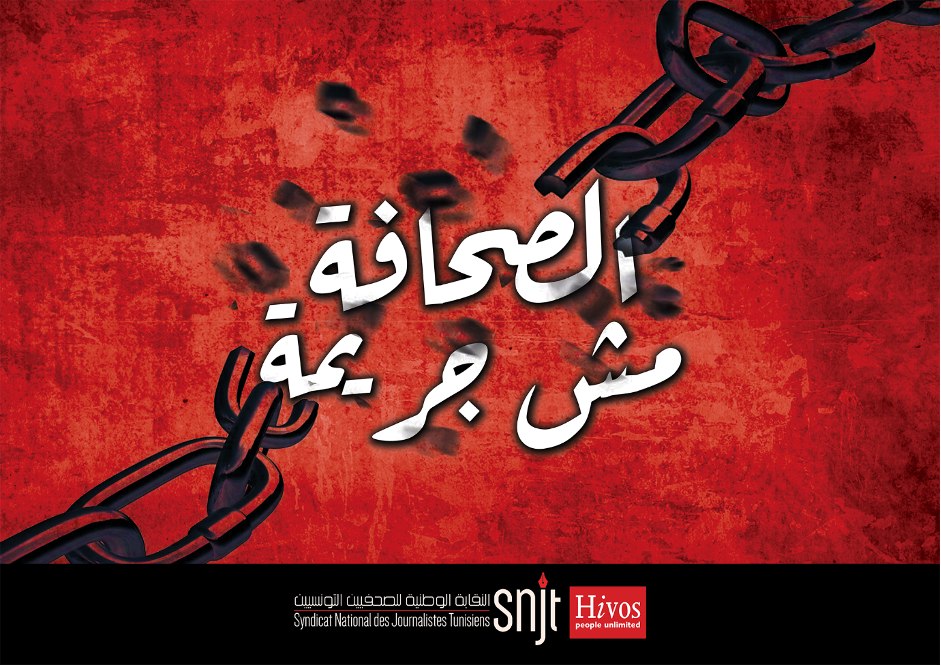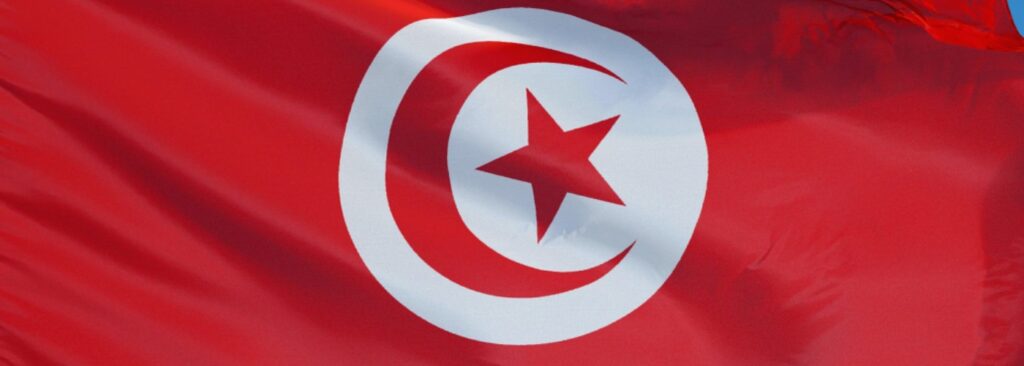This program has ended
This program has ended, but Hivos and SNJT continue their collaboration. Find out more about the Qudurat program, which aims to foster a resilient media ecosystem.
Promoting Freedom of Expression and Information in Tunisia aims to support Tunisian journalists in fulfilling their important responsibility.
Why we support Tunisian journalists
The free exchange of information, and the ability of journalists to exercise their right to freedom of expression and to find out facts, are essential in a healthy democracy. It is often their work, uncovering the truth and holding those in positions of power to account, that helps citizens make informed decisions and likewise demand accountability from authorities.
How we work
Implemented in cooperation with the National Union of Tunisian Journalists (SNJT) and other media sector stakeholders, the project furthers ongoing efforts to improve journalists’ and media actors’ ability to effectively exercise their rights to Freedom of Expression (FoE). It also wants to promote participatory and inclusive ways of developing and implementing a strong legal framework that protects freedoms of expression and information. And the project will also campaign to increase the public’s understanding of and support for Freedom of Expression and Access to information (AtI) in Tunisia.
We don’t only want to see journalists produce accurate journalistic content, but particularly that they become aware of and are able to exercise their rights to FoE, as enshrined in Tunisia’s constitution. Another goal is that policy makers, public officials, media outlets, CSOs and others work together to create better FoE legislation. Finally, citizens – as members of the general public – must also understand the importance of FoE and AtI to the democratic process. They must feel that they, too, can take action to ensure that those in power create a favorable environment for FoE.





